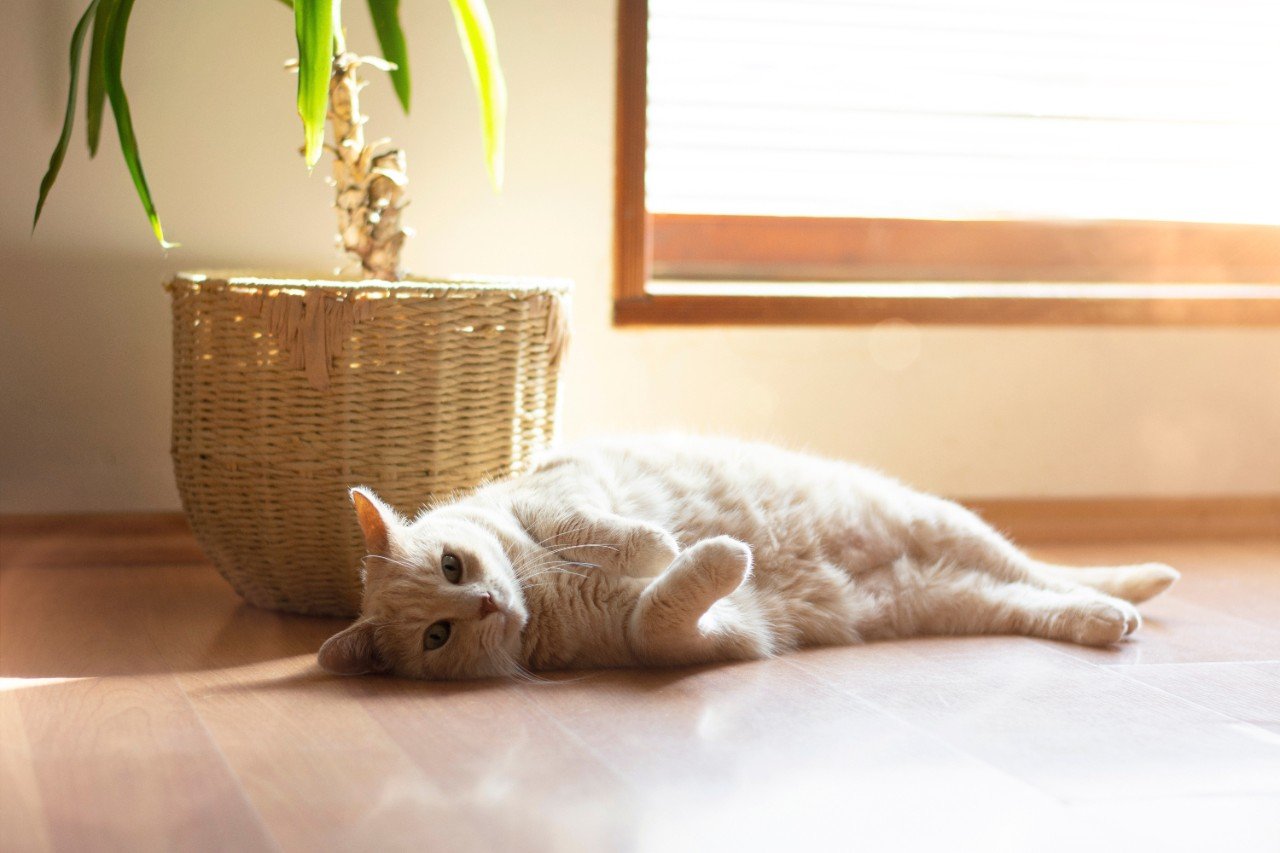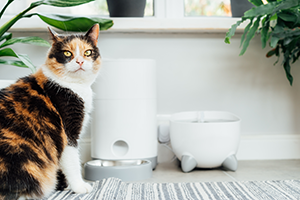First of all, it’s useful to know that cystitis is common in cats and while many owners assume it means a urinary tract infection, it’s actually an inflammation of the bladder.
Many cats never develop cystitis, while others suffer from it their whole lives. It’s all down to the unique mix of ingredients in an individual cat’s life. So while bouts of cystitis recurring for weeks, months or even a few years apart are not uncommon, identifying the main causes can help reduce the risk of this happening.

















